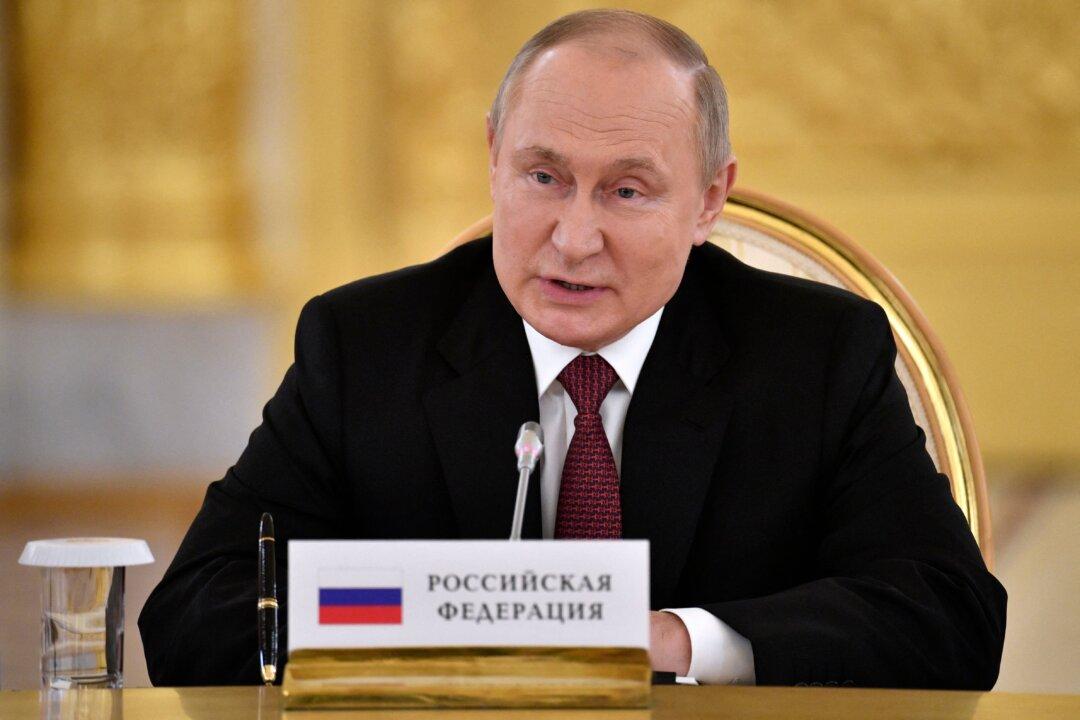Russian President Vladimir Putin has spoken out against the European Union’s proposed sanctions on the purchase of Russian oil exports, claiming that adopting such a policy would amount to “economic suicide” for the countries of Western Europe.
In a televised address on Tuesday, Putin responded to the EU’s proposed oil embargo on Russia, which has stalled in the past week as a small group of EU members have refused to support such a measure.





